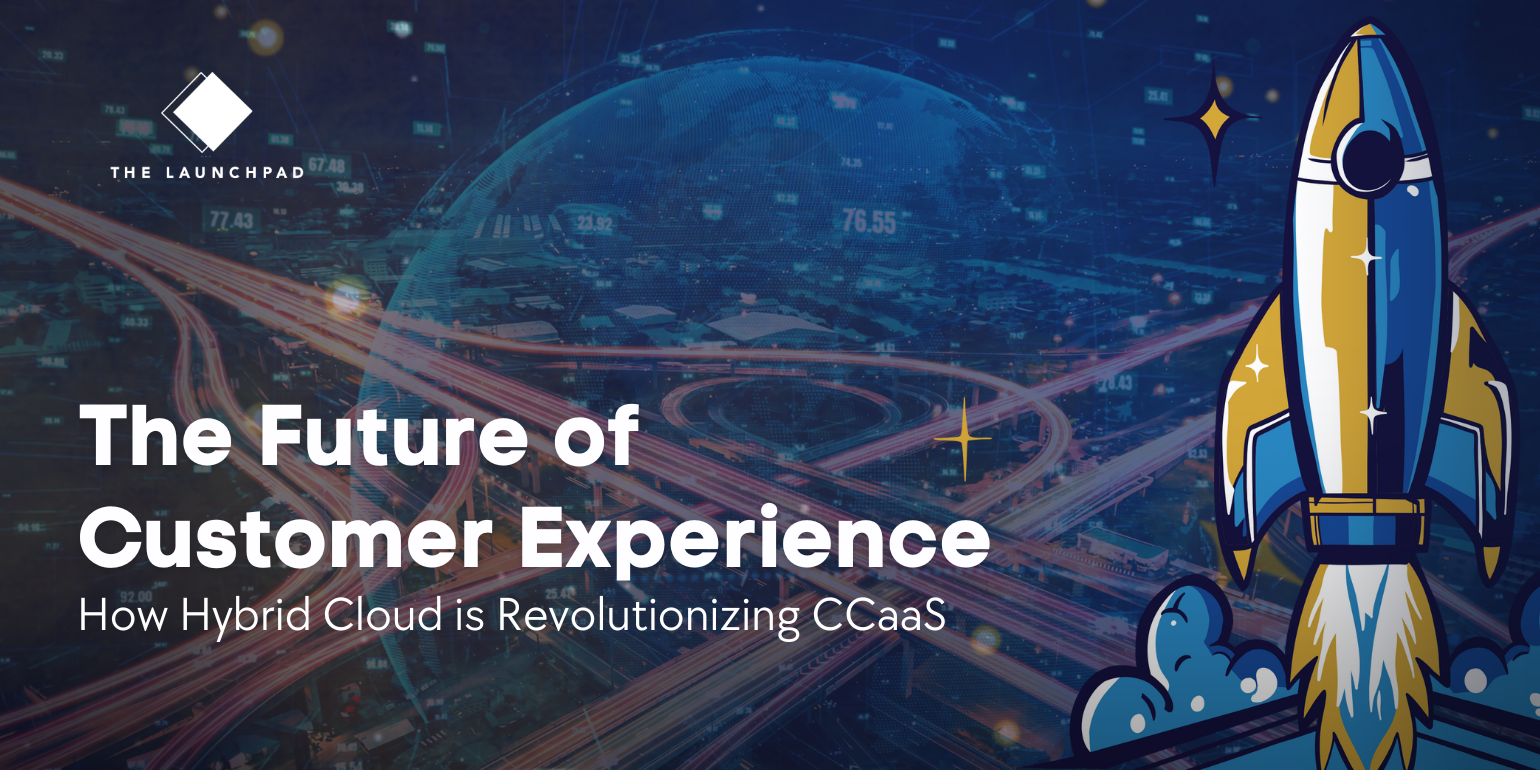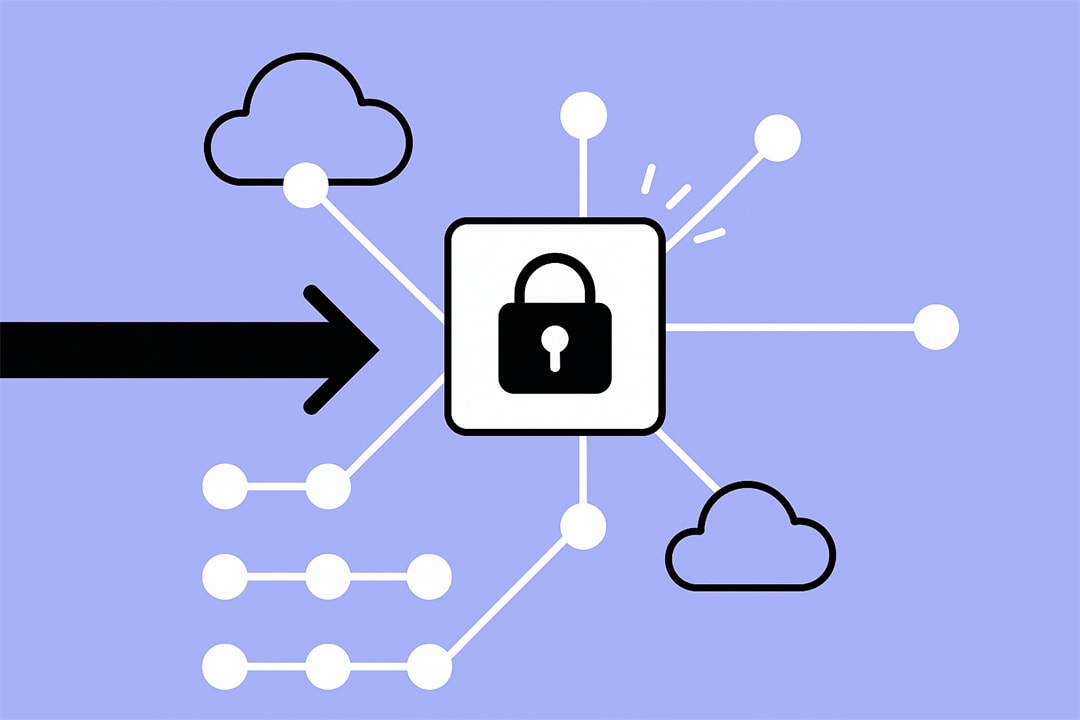The Future of Customer Experience: How Hybrid Cloud is Revolutionizing CCaaS
As IT leaders navigate the evolving landscape of customer service, the hybrid cloud model is becoming a pivotal force in the adoption of Contact Center as a Service (CCaaS). With the rapid expansion of digital customer journeys and increasing demand for flexible, scalable solutions, hybrid cloud offers a balanced approach, combining the best of on-premises and cloud environments. The complexity of selecting the right CCaaS solution provider is simplified by leveraging comprehensive IT procurement platforms, ensuring a more efficient and informed decision-making process.

The Shift Towards Hybrid Cloud
According to industry insights, enterprises are increasingly gravitating towards a hybrid cloud approach, with approximately 60% of enterprises expected to adopt CCaaS by 2025. This transition is driven by several key factors:
- Access to Vendor-Specific Capabilities: The complexity of modern digital customer journeys necessitates a multi-cloud strategy where enterprises can leverage vendor-specific strengths without discarding existing on-premises investments. This approach enables companies like GNC to implement new, cutting-edge customer service solutions and integrate top-tier customer experience tools more efficiently.
- Innovation Overlay: Enterprises face mounting pressure to become more agile and digital. By adopting a hybrid cloud model, they can incorporate advanced technologies like AI, automation, and API customization while maintaining the stability of their current operations. This innovation overlay ensures continuous improvement without disrupting existing systems.
- Reduced Dependencies: A hybrid model unifies disparate IT environments under a single management framework, reducing dependencies between different systems. This integration simplifies management and enhances operational efficiency.
- Investment Protection: Compliance with regional regulations and industry-specific mandates is crucial. A hybrid cloud approach allows enterprises to migrate to the cloud at their own pace, aligning with these requirements and protecting their investments. This strategy ensures service innovation and customer experience (CX) improvements regardless of global economic conditions.
- Cost Optimization: Enterprises can optimize costs by retaining their current IT investments while gradually transitioning to new technologies. A hybrid deployment model significantly enhances the economics of existing systems, offering savings of 29-45%, as revealed by a study from 451 Research.
Key CCaaS Capabilities in 2024
The growing popularity of CCaaS is fueled by its ability to deliver innovation without disrupting existing operations. As public cloud adoption increases and off-premises capabilities continue to improve, enterprises are gravitating towards a hybrid cloud approach, allowing them to leverage the best of both worlds. Key capabilities to keep an eye on include:
- AI and Machine Learning (ML): AI and ML continue to drive efficiencies, reduce call volumes, and accelerate issue resolution. Innovations like AI noise removal and AI-based chatbots are set to transform customer interactions.
- Attribute-Based Routing: Intelligent customer-agent matching based on business rules and desired outcomes enhances CX and reduces operational costs.
- Automated Self-Service: Empowering customers with self-service options across various channels—web portals, Interactive Voice Response (IVR), SMS, and live chat—reduces repetitive calls and improves response times.
Vonage Contact Center exemplifies the transformative power of CCaaS by offering a deeply integrated cloud solution with Salesforce. Its features, such as intelligent call routing, AI-driven analytics, and global voice assurance, align perfectly with the hybrid cloud model, enabling enterprises to enhance customer interactions while maintaining operational efficiency and flexibility. IT vendors offering this next generation contact center platform enable enterprises to enhance customer interactions while maintaining operational efficiency and flexibility.
Conclusion
For IT leaders seeking to stay ahead in customer service, embracing a hybrid cloud approach for CCaaS is imperative. This model not only offers flexibility and cost savings but also positions enterprises to harness the latest technological advancements seamlessly. By integrating the strengths of both on-premises and cloud solutions, businesses can deliver exceptional customer experiences and drive sustained growth.





